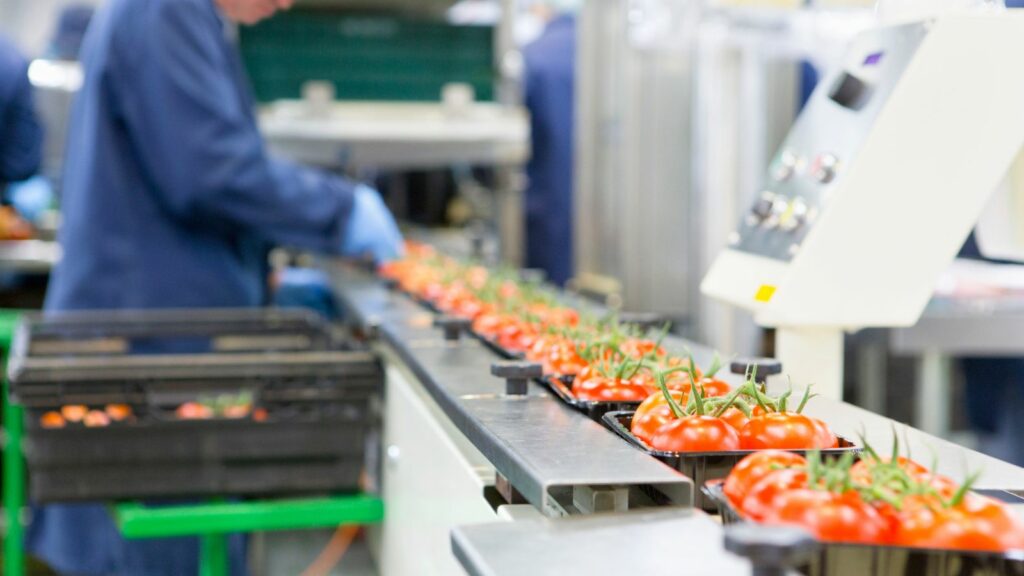The world of food production has evolved dramatically over the past few decades, driven by industrialization, consumer demand, and technological advancements. However, this evolution has also introduced some troubling trends that affect our health, the environment, and the socioeconomic well-being of communities. Here’s a deep dive into 17 disturbing trends in food production that you should be aware of.
The Rise of Ultra-Processed Foods
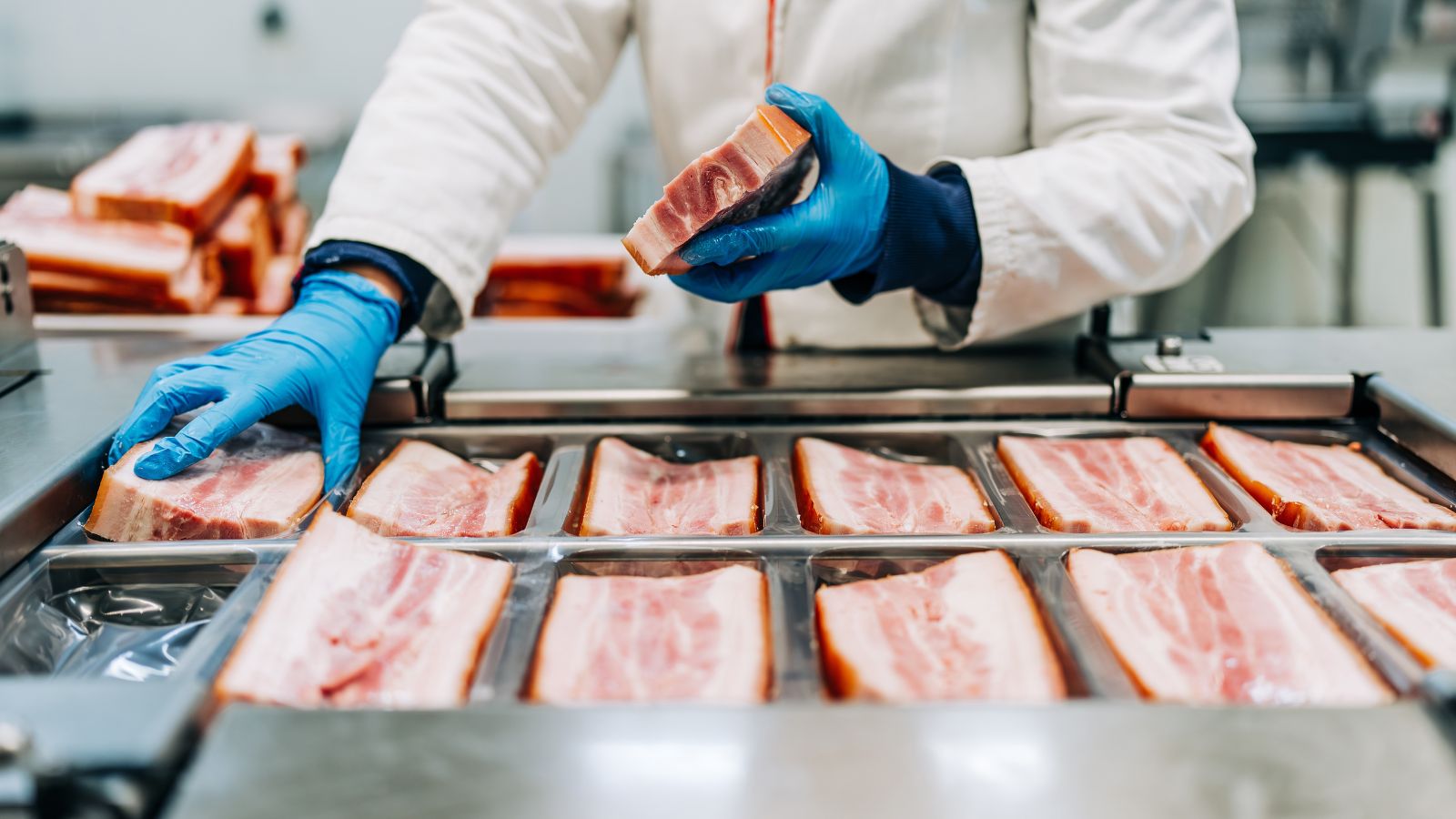
Ultra-processed foods are quick, easy to prepare, and cheap, which is why they have taken the world by storm. However, the refined sugars, emulsifiers, preservatives, and artificial colors used to prepare such foods deprive them of their nutritional value. Additionally, consumption of these foods for more extended periods leads to diseases like obesity, type 2 diabetes, cardiovascular disease, and even some cancers. Despite this, they’re the go-to choice for many.
Genetically Modified Organisms (GMOs)
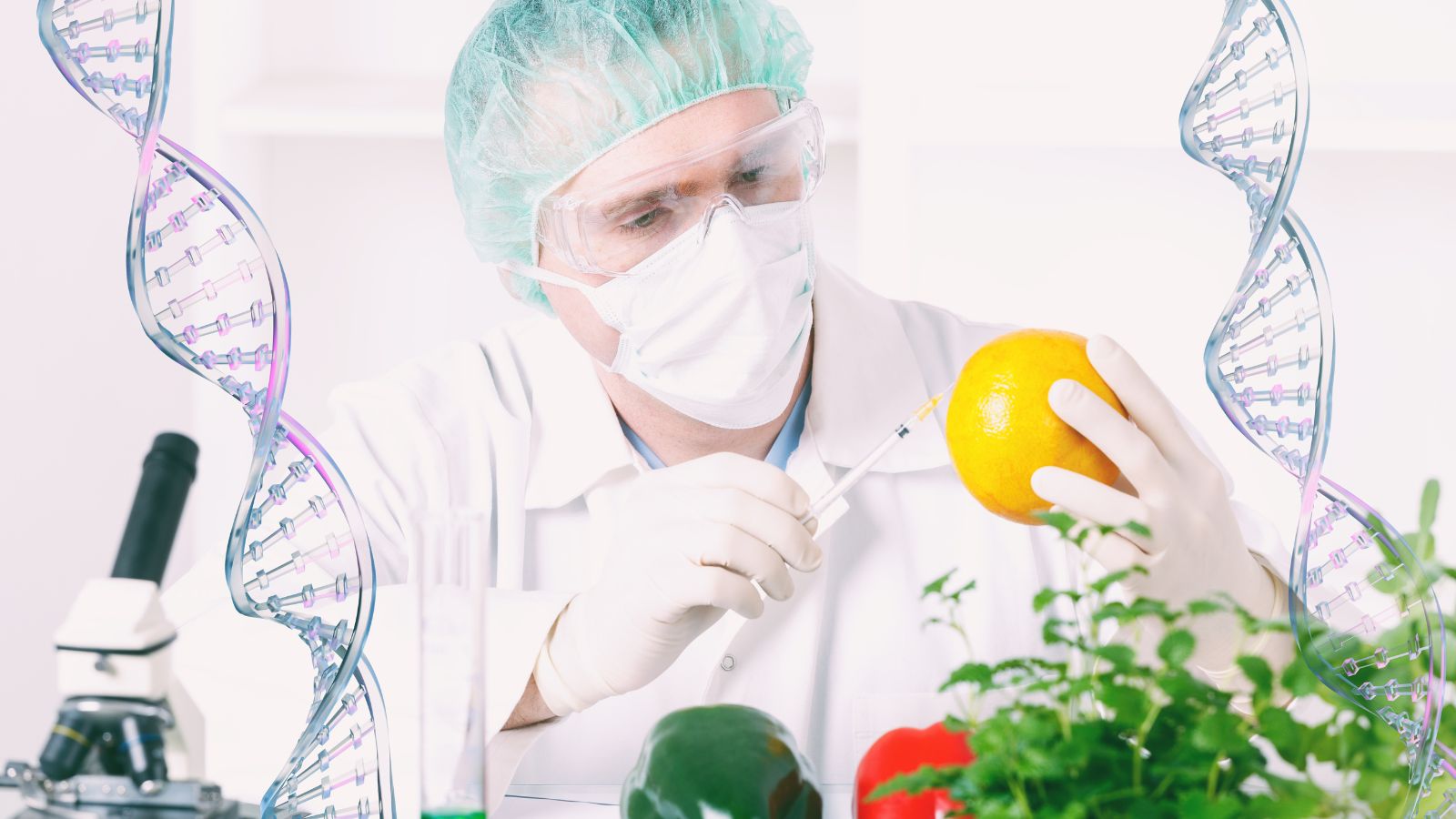
GMOs are plants or animals genetically modified to be pest-resistant, drought-tolerant, and even have improved nutritional content. However, it’s argued that GMOs can significantly impact humans and the environment. They can cause allergic reactions and antibiotic resistance in humans. Similarly, they can contribute to developing “superweeds” and “superbugs” resistant to herbicides and pesticides.
Pesticide Overuse and Residue

The overuse of pesticides significantly contaminates soil, water, and air, which is a serious environmental concern. Some of these contain toxic compounds that persist long after their application, eventually finding their way into our bodies through fruits and vegetables. Chronic exposure to these compounds has been found to cause numerous diseases, including cancer, endocrine disruption, neurological problems, and stunted growth in children. Bees are also adversely affected by pesticides.
Monoculture Farming
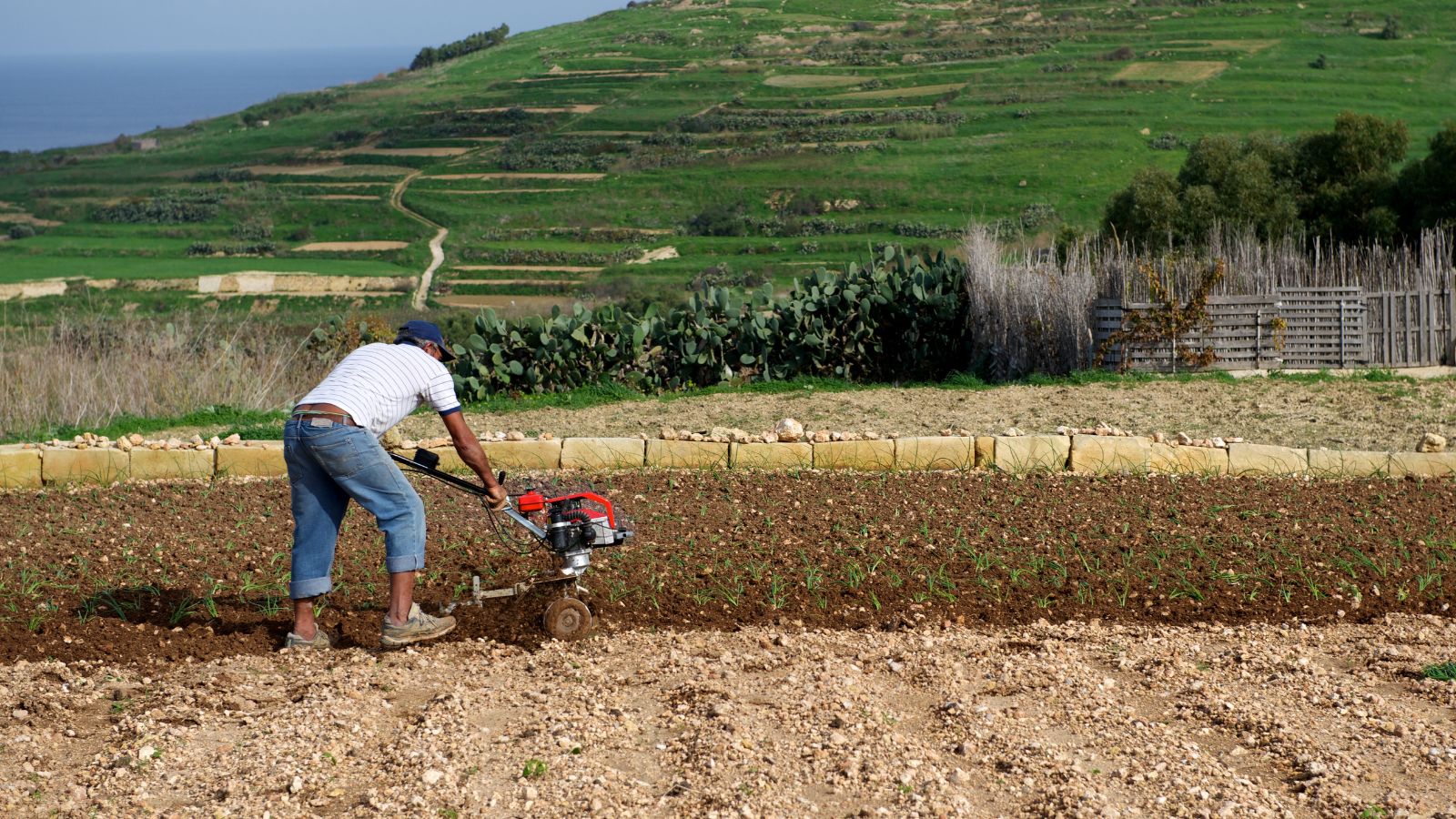
Growing the same crop on the same piece of land each year depletes the soil of essential nutrients. It severely affects the fertility of the soil, forcing farmers to rely heavily on chemical fertilizers, which further pollute both the soil and the environment. Additionally, monoculture enables a thriving environment for pests to infest and cause diseases. Thus, farmers have to rely on herbicides and pesticides, which harm the environment and reduce biodiversity.
Factory Farming and Animal Cruelty
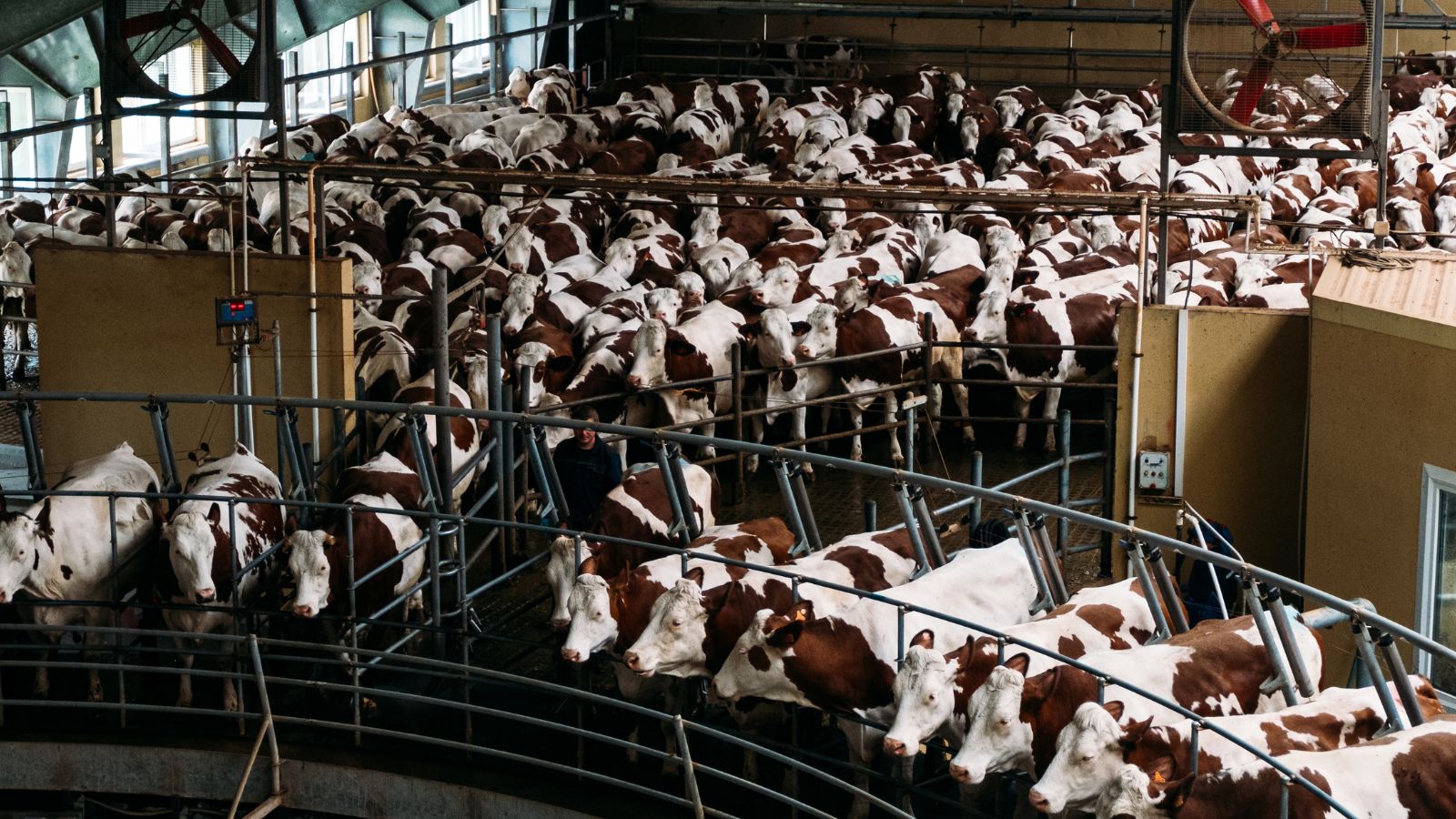
To maximize production, factories raise large numbers of livestock in confined spaces that offer little movement and access to fresh air or sunlight. Such a stressful environment is a breeding ground for numerous diseases which are tackled with antibiotics. However, this leads to the growth of antibiotic-resistant bacteria, which can spread to humans and is difficult to treat. Moreover, factory farming produces a ton of waste, which causes air and water pollution.
Excessive Use of Antibiotics in Livestock

Antibiotics are rampantly used to treat illnesses, take preventive measures, and promote faster growth. This excessive use of antibiotics on livestock has brought “superbugs” into existence, which can spread to humans through contaminated meat, water, or direct contact. Superbugs, being antibiotic-resistant, can make many common infections in humans harder to treat. This is why WHO has categorized antibiotic resistance as one of the biggest global threats.
Overfishing and Destruction of Marine Ecosystem

The widespread demand for fish has led to overfishing, which has brought many fish species to the brink of extinction. Key species like tuna, cod, and haddock are facing extinction, and the ocean’s ecosystems are also suffering. The use of bottom trawling in large-scale fishing operations destroys coral reefs, other various marine habitats, and the livelihoods of people depending on fishing.
Aquaculture and Fish Farming Concerns
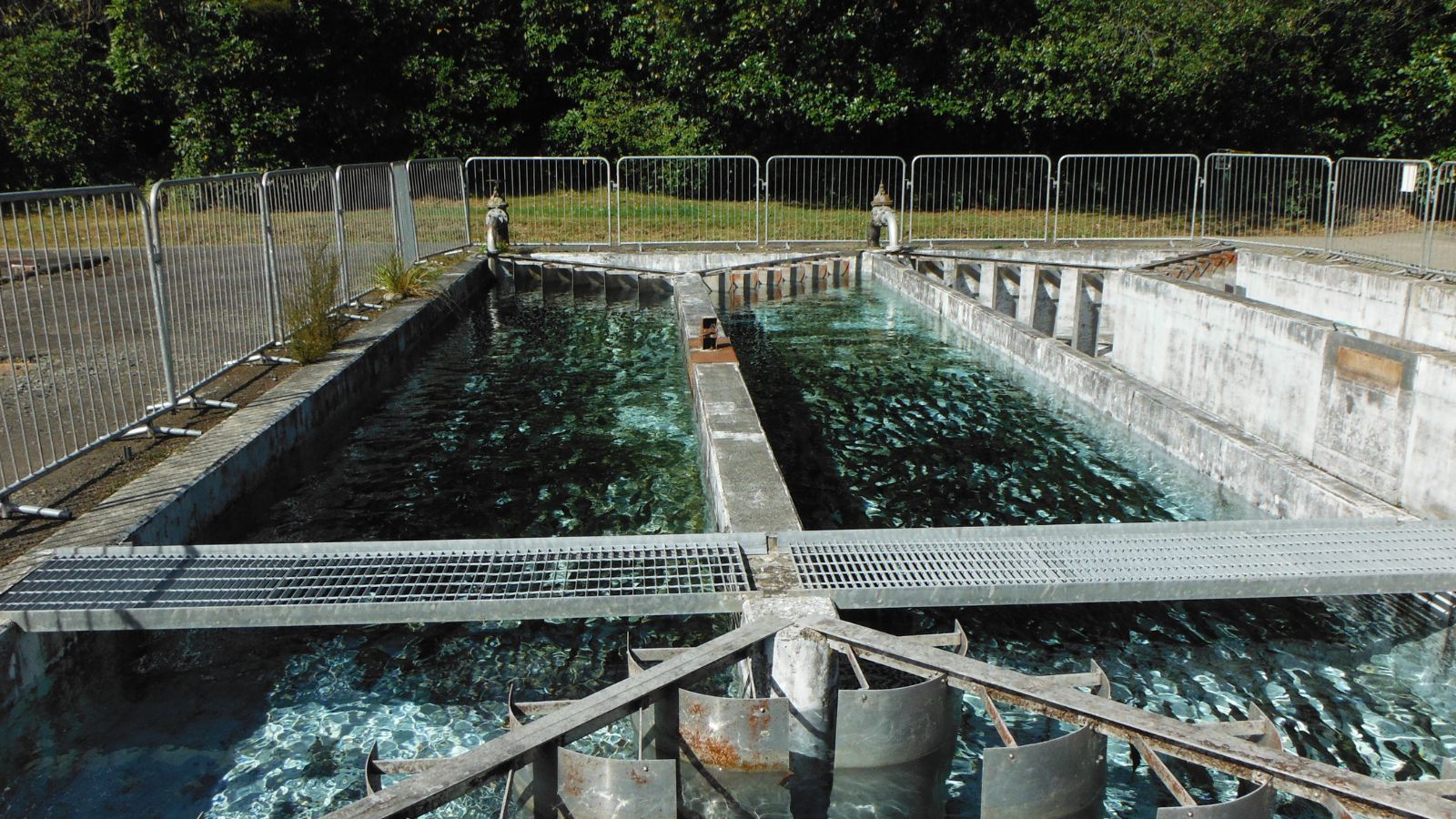
Aquaculture, or fish farming, is considered to be the solution to the overfishing crisis. However, the conditions in which fish are bred make them susceptible to diseases and parasites. To treat these, antibiotics and other chemicals are used, which pollute the environment. Similarly, waste discarded by these farms can lead to harmful algal blooms and dead zones in the surrounding water, further damaging marine life.
Deforestation for Agriculture
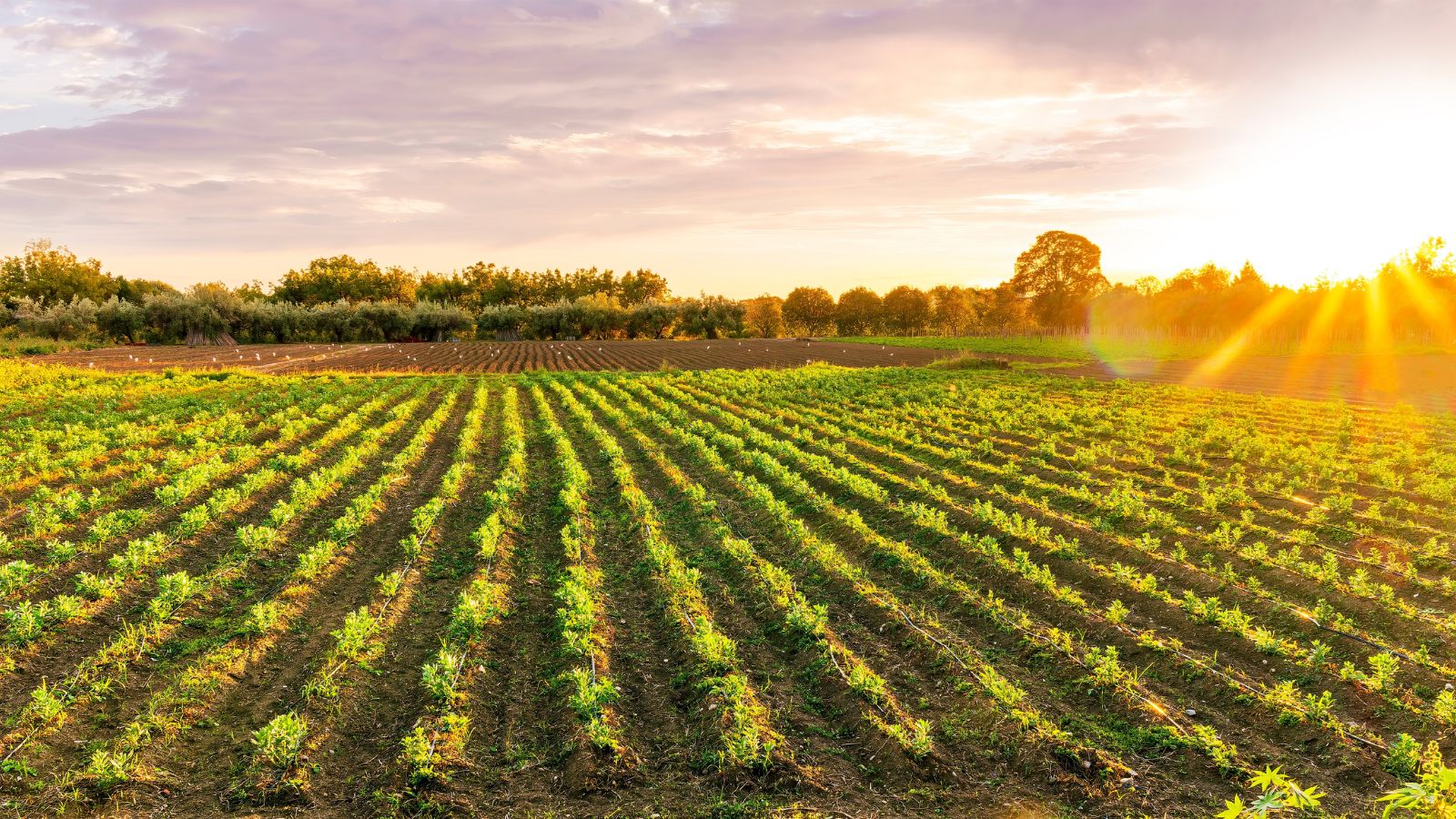
The need for agricultural land has led to massive deforestation, especially in tropical regions like the Amazon rainforest. Trees are cut to make way for crops and cattle ranching, which significantly harms the climate. The absence of forests releases carbon dioxide back into the atmosphere, a leading cause of global warming. Additionally, deforestation causes soil erosion, reduced water quality, and loss of biodiversity.
Soil Degradation and Erosion
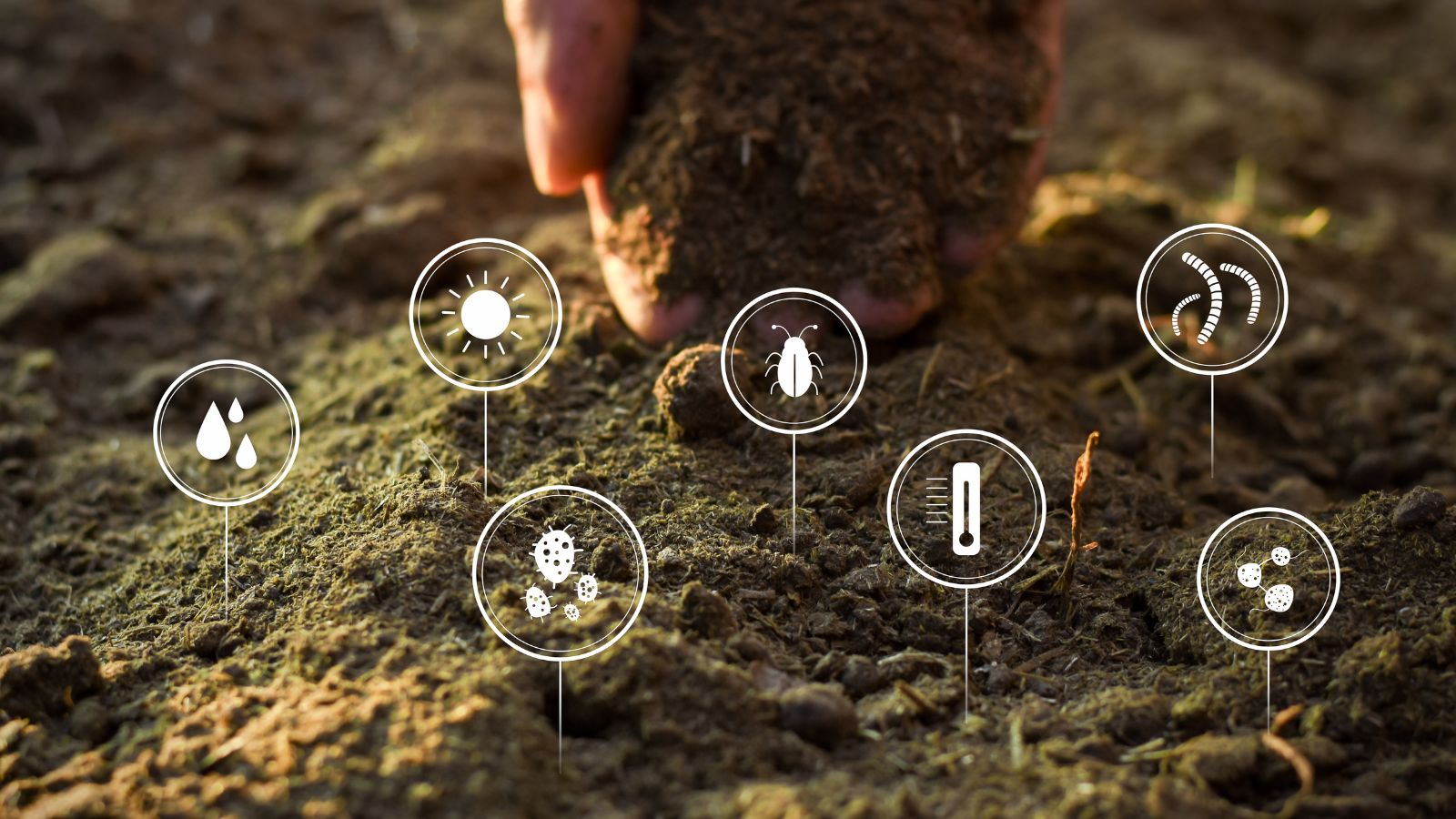
Farming practices like monocropping, overgrazing, and the use of chemical fertilizers and pesticides drain the soil of its nutrients, severely impacting the yield of the crops planted on these soils. Similarly, poor soil management leads to erosion, taking centuries for the fertility of the land to regenerate. These problems contribute to food insecurity, impacting millions of lives.
Artificial Meat Production
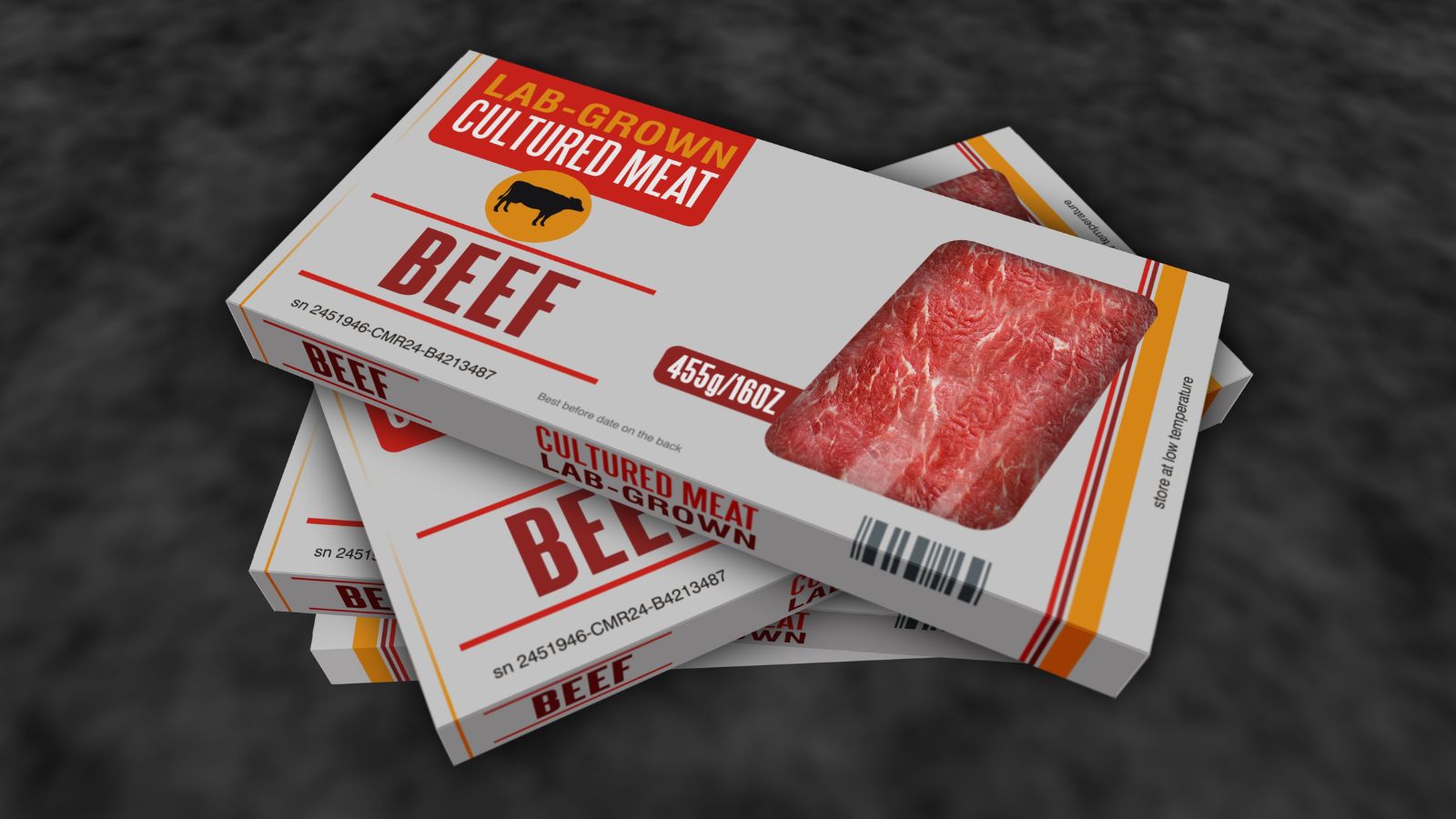
Lab-grown meat is considered a viable alternative to livestock farming, as it can reduce greenhouse gas emissions and deforestation. However, its sustainability is a big question mark. It requires high energy input, its nutritional benefits compared to raised meat are still unclear, and its cost of production is also relatively higher.
Food Waste at Industrial Levels
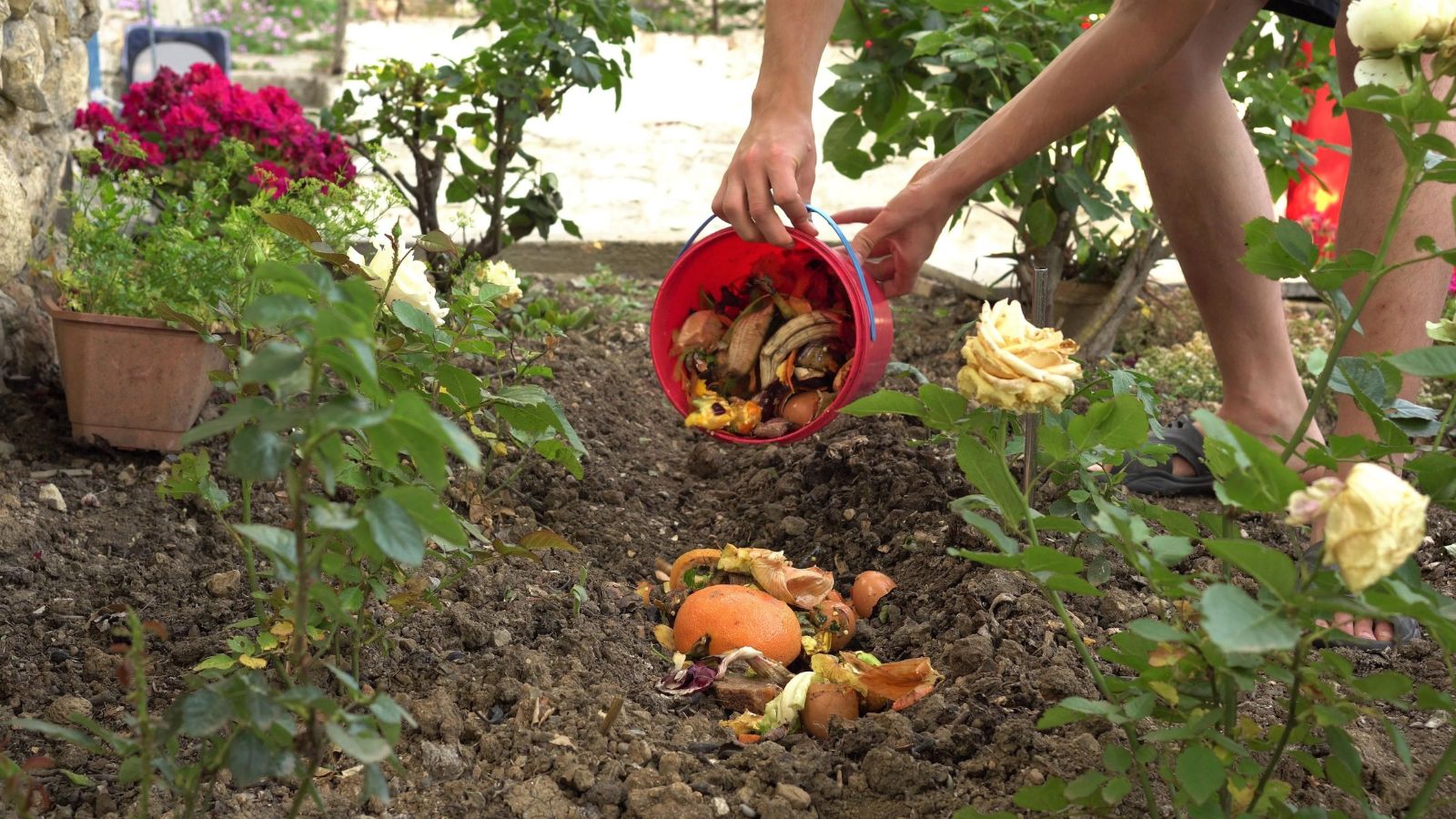
With approximately one-third of all food produced going to waste, food waste is a leading global issue today. This is because as the food is wasted, so are the resources—such as water, energy, and labor—that were used to produce it. Additionally, the decomposition of this waste in landfills produces methane, which is a potent proponent of global warming.
Climate Change and Agricultural Vulnerability

Climate change is one of the biggest issues the globe is facing today. With rising temperatures, changing precipitation patterns, and events like droughts, floods, and heat waves, growing crops and raising livestock has become a significant challenge. Crops like wheat, corn, and rice are especially vulnerable to climate change. Climate change can also lead to declining yields and food shortages by making traditional farming techniques ineffective.
Corporate Control of Seeds and Patents

Traditionally, farmers would use seeds from their harvest to plant crops. However, with many genetically modified (GM) seeds patented by multinational corporations, farmers now have to purchase those seeds. This practice has significant implications, driving small-scale farmers into debt or out of business. Moreover, using the same standardized seed varieties also impacts biodiversity.
Exploitation of Farmworkers
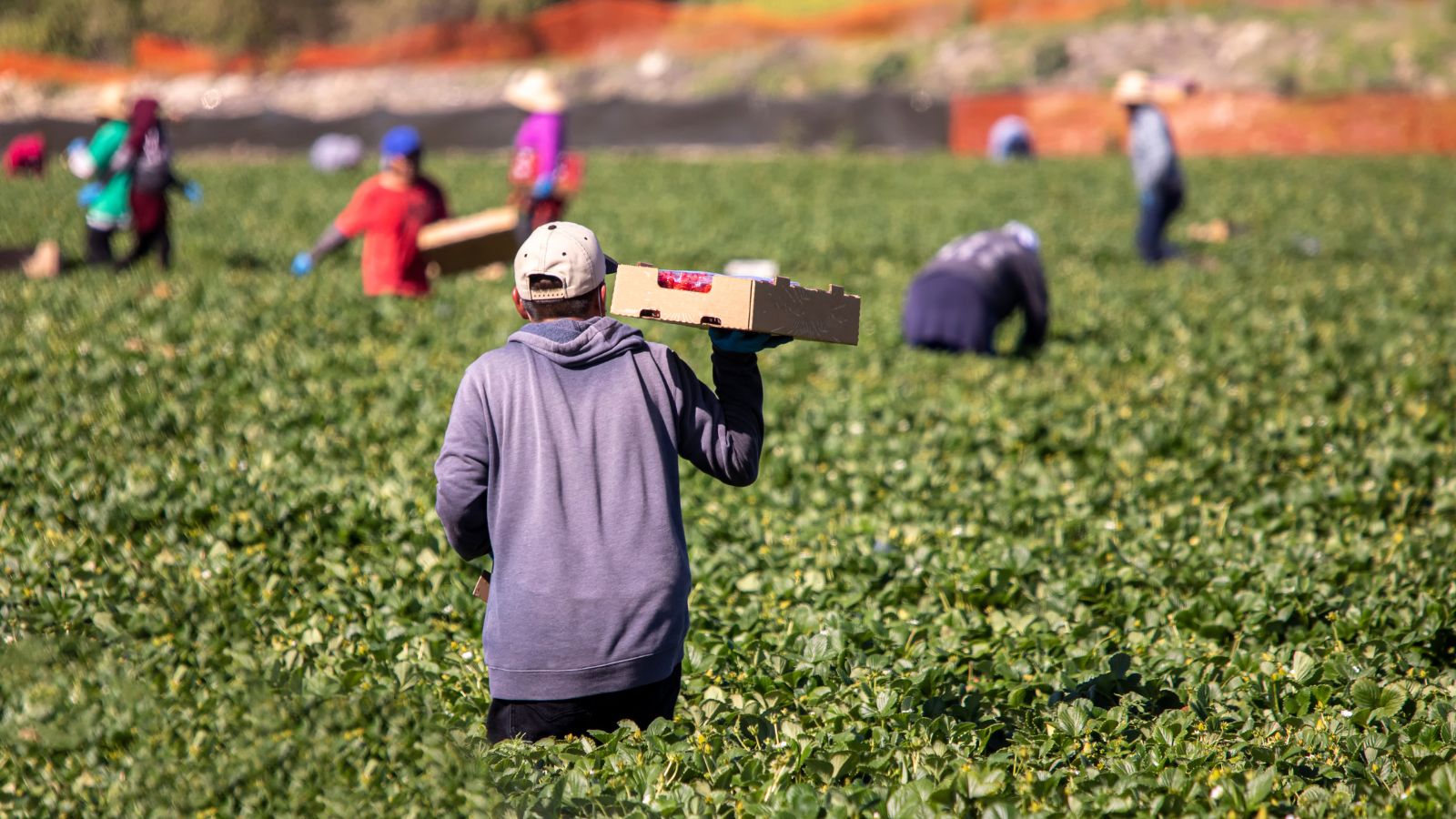
In many countries, farmworkers are the most exploited echelon of society. Subjected to abysmal working conditions, low wages, and minimal labor protections, they are expected to work hours exposed to harmful chemicals and strenuous physical labor. This promotes the cycle of poverty, as the farmers have no means to improve their living conditions or have access to education and healthcare.
Synthetic Fertilizers and Their Environmental Impact
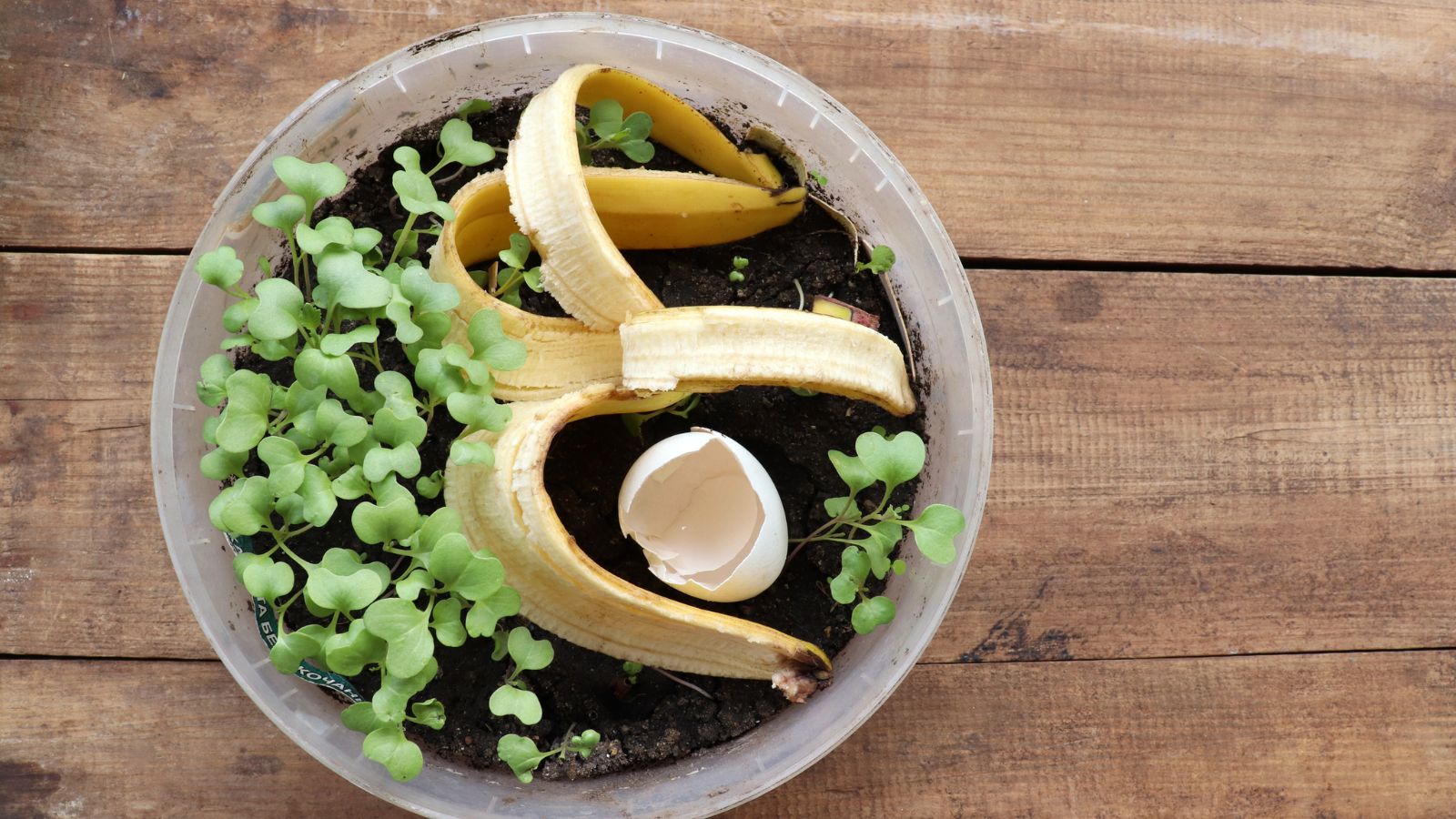
Promising greater crop yield, synthetic fertilizers, particularly nitrogen-based fertilizers, are being overused. When these fertilizer runoffs enter rivers, lakes, and oceans, they contribute to the growth of “dead zones” that have little to no oxygen for marine life to survive. Moreover, synthetic fertilizers can eventually make the land barren by causing soil acidification and depleting organic matter. Not only this, sometimes they can also release nitrous oxide, which is a potent greenhouse gas.
Lack of Transparency in Food Labeling

The lack of transparency in food labeling is an ethical dilemma that must be addressed. The loose use of terms like “natural,” “organic,” and “non-GMO” can mislead consumers into thinking they’re making a healthier choice. Furthermore, some companies practice obscurity when asked how food is produced, their treatment of employees, and the environmental impact the production must have had.
Conclusion

The rising population has put greater pressure on the demand for more food, which is why novel approaches are regularly introduced to food production. Being informed of these approaches means you can make healthy choices for your family and the rest of the world. These 17 disturbing trends are just the tip of the iceberg. The food industry is suffering massively, and reforms are urgently required for more sustainable and ethical food production methods.
18 Reasons Why People Are Leaving Florida in Masses

Exploring factors that impact the desirability of living in Florida, this list delves into various challenges shaping residents’ experiences. From environmental concerns like rising sea levels to economic factors such as fluctuating job markets, these issues collectively contribute to a nuanced understanding of the state’s appeal.
18 Reasons Why People Are Leaving Florida in Masses
